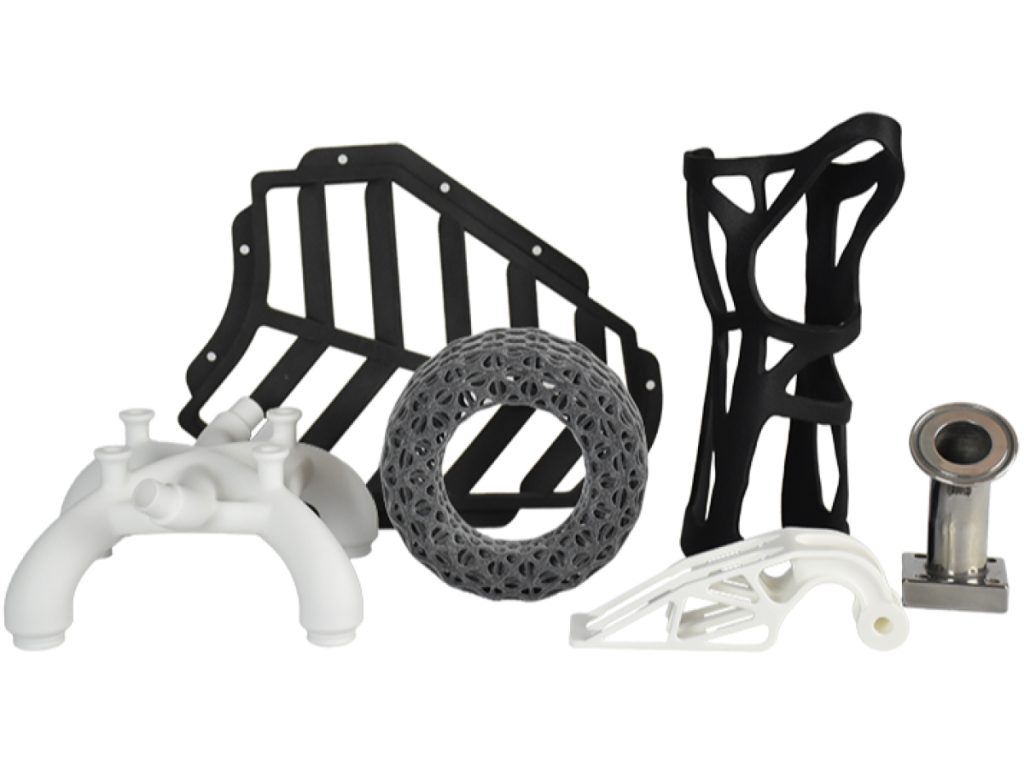
In today’s fast-paced product development environment, getting a quick and reliable 3D printing quote can save your business valuable time and money. Whether you are prototyping a new design, producing functional end-use parts, or ordering low-volume batches, a clear and accurate quote is the first step toward a smooth production process.
This guide walks you through how to prepare and submit your 3D printing requirements so that suppliers like BOONA Prototypes can provide you with a fast, competitive, and accurate quotation.
I. Define Your Requirements Clearly
Before requesting a quote, outline your project goals:
-
Purpose of the part: prototype, functional testing, or end-use.
-
Technology needed: SLA, SLS, FDM, MJF, DMLS, etc.
-
Material selection: plastics, metals, or composites.
-
Tolerance levels & finishing: standard or high precision, polished, painted, or plated.
BOONA Prototypes offers multiple 3D printing technologies, so knowing your requirements upfront ensures they can match the right process to your project.
II. Prepare Accurate 3D CAD Files
Quoting starts with your 3D model. Always use standard file formats such as STL, STEP, IGS, or 3MF. Make sure your files are:
-
Watertight (no gaps or non-manifold edges).
-
Properly scaled in the right units (mm or inches).
-
Clean and free from unnecessary details.
This reduces back-and-forth communication and speeds up quoting.
III. Provide Key Technical Specifications
Including dimensions, tolerances, and finishing requirements allows suppliers to give you a realistic price.
Here’s a sample table with typical 3D printing specifications provided by BOONA Prototypes:
| Parameter | SLA Printing | SLS Printing | DMLS Metal Printing |
|---|---|---|---|
| Layer Thickness | 0.05 – 0.15 mm | 0.08 – 0.20 mm | 0.02 – 0.05 mm |
| Dimensional Tolerance | ±0.10 mm / 100 mm | ±0.30 mm / 100 mm | ±0.05 mm / 100 mm |
| Build Volume (Max) | 800 × 600 × 400 mm | 700 × 380 × 580 mm | 250 × 250 × 325 mm |
| Surface Finish | Smooth, transparent | Matte, slightly rough | As-built, can be polished |
| Typical Lead Time | 2–4 days | 3–5 days | 5–7 days |
IV. Specify Quantity and Lead Time
Pricing also depends on order volume and delivery time.
-
One-off prototype = higher unit price, but faster turnaround.
-
Batch orders (50–10,000+ parts) = lower unit cost, but longer scheduling.
At BOONA Prototypes, lead times can be as short as 2 days, depending on technology and finishing.
V. Don’t Forget Post-Processing
Post-processing often accounts for a significant portion of cost and timeline. When requesting a quote, clarify if you need:
-
Polishing or sanding
-
Painting or coating
-
Heat treatment or plating
-
Assembly or threaded inserts
For example, polished SLA prototypes may require 1–2 additional days compared to standard parts.
VI. Communicate Clearly With Your Supplier
Fast quotes come from clear communication. Provide:
-
Your 3D files (STL, STEP, etc.)
-
A technical drawing if critical dimensions matter
-
Notes on functional requirements (e.g., “This hole must fit a 5 mm shaft”)
-
Expected delivery date
Suppliers like BOONA Prototypes have teams ready to evaluate files and provide guidance if adjustments are needed.
VII. Checklist for a Fast and Accurate Quote
Here’s a simple checklist to ensure you’re ready before requesting a quote:
| Requirement | Checked (✓) |
|---|---|
| 3D CAD file in STL/STEP/IGS format | ✓ |
| Purpose of part defined | ✓ |
| Material chosen | ✓ |
| Technology specified (SLA, SLS, DMLS, etc.) | ✓ |
| Quantity needed | ✓ |
| Tolerance & finishing requirements stated | ✓ |
| Lead time expectation included | ✓ |
Conclusion
Getting a fast and accurate 3D printing quote depends on how well you prepare your files, specifications, and requirements. The more detailed and organized your request, the quicker your supplier can respond with reliable pricing and lead times.
By partnering with experienced providers like BOONA Prototypes, you gain access to multiple 3D printing technologies, a wide range of materials, ISO-certified quality, and lead times starting from just 2 days.
Take the time to prepare your project details upfront, and you’ll not only receive faster quotes but also ensure smoother production and higher-quality results.
FAQs
Q1: What information do I need to provide to get a 3D printing quote?
You should prepare your 3D CAD files (STL, STEP, or IGS), define the material, printing technology (SLA, SLS, DMLS, etc.), quantity required, and any tolerance or finishing requirements. Providing these upfront helps suppliers like BOONA Prototypes deliver faster and more accurate quotes.
Q2: How long does it take to receive a 3D printing quote?
Most professional suppliers can respond within 24–48 hours, depending on project complexity. For standard prototypes, BOONA Prototypes often provides quotes in as little as one business day.
Q3: Does the file format affect how quickly I get a quote?
Yes. If you submit a clean STL or STEP file with proper scaling and no geometry errors, the supplier can generate pricing immediately. If files need repair or clarification, it may delay the quote.
Q4: How do materials affect the quote?
Material type has a big impact on cost and lead time. For example, plastic 3D printing (SLA/SLS) is generally cheaper and faster, while metal 3D printing (DMLS) costs more but offers higher strength. BOONA Prototypes provides both plastic and metal 3D printing to meet different project needs.
Q5: What is the minimum order quantity (MOQ) for 3D printing?
Unlike traditional manufacturing, 3D printing has no strict MOQ—you can order just one prototype. However, ordering multiple parts may reduce the unit price. BOONA supports production runs from 1 part up to 10,000+ units.
Q6: How do I speed up the quotation process?
-
Provide detailed specifications in your request.
-
Submit the correct file format.
-
Indicate your expected delivery date.
-
Communicate clearly about trade-offs (e.g., cost vs. accuracy).
Using an experienced provider like BOONA Prototypes also ensures a streamlined quoting process.
Q7: Can I get an instant online quote for 3D printing?
Some service providers offer online quoting tools for simple parts. However, for complex or high-precision projects, human review is essential to ensure accuracy. BOONA’s engineering team evaluates each project to provide the most reliable pricing and lead times.



